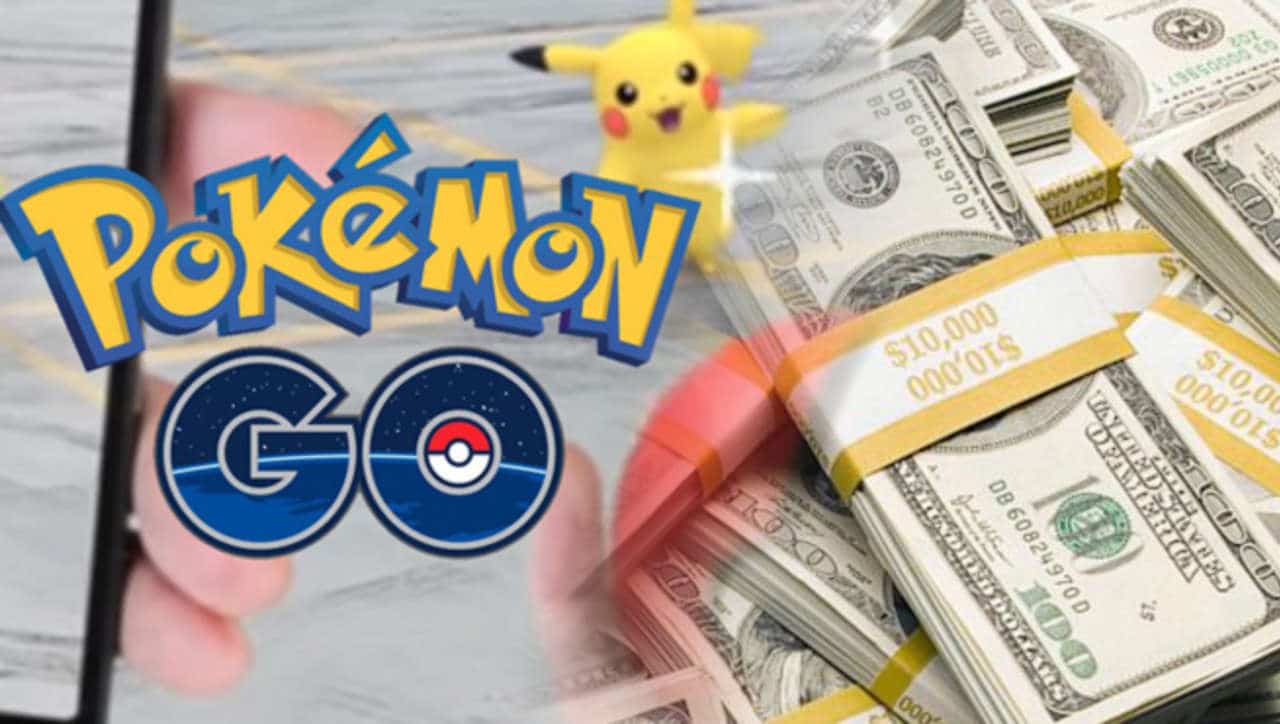
According to Sensor Tower, mobile AR game Pokemon GO is estimated to have grossed more than $3 billion USD since its release in 2016.
Sensor Tower details
- Average revenue per download of nearly $5.60
- Total gross revenue over the years:
- $832.4 million in 2016
- $589.3 million in 2017
- $816.3 million in 2018
- So far in 2019, the game has grossed $774.3 million
- In August 2019, The Team Rocket update helped drive approximately $110 million in player spending
- In September 2019, the game generated $126 million in gross revenue
- In October 2019, the game has grossed an estimated $67.8 million (so far)
- The United States accounts for $1.1 billion, or 36.2 percent of total lifetime revenue
- Japan accounts for $884.5 million, or 29.4 percent
- Germany accounts for $181.6 million, or 6 percent
- Google Play users have spent the most in Pokémon GO, accounting for over $1.6 billion, or 54.4 percent
- the App Store has generated nearly $1.4 billion, or 45.6 percent, in revenue
- Downloaded approximately 541 million times worldwide
- The U.S. accounts for 99.3 million unique installs, or 18.4 percent of all downloads
- Brazil has generated the second most downloads with 58.4 million, or 10.8 percent
- Mexico comes in third with 34 million downloads, or 6.3 percent
- Android devices account for the vast majority of downloads, driving 424.6 million unique installs, or 78.5 percent of the total
- the App Store has generated 116 million downloads, or 21.5 percent
Its momentum hasn’t exactly slowed down either, with the game having earned around $774 million up till October 2019 already – which is close to overtaking 2018’s total earnings of $816 million!
About Pokemon Go
Pokémon Go is an augmented reality (AR) mobile game developed and published by Niantic for iOS and Android devices. A part of the Pokémon franchise, it was first released in certain countries in July 2016, and in other regions over the next few months.
The game is the result of a collaboration between Niantic, Nintendo and The Pokémon Company. It uses the mobile device GPS to locate, capture, battle, and train virtual creatures, called Pokémon, which appear as if they are in the player’s real-world location.
The game is free to play; it uses a freemium business model and supports in-app purchases for additional in-game items. The game launched with around 150 species of Pokémon, which had increased to around 500 by 2019.














